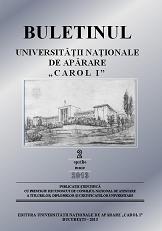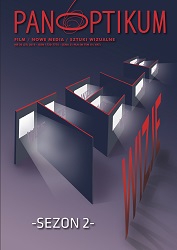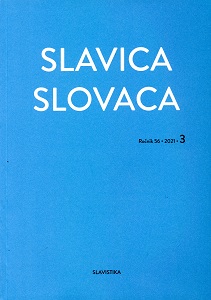
On advancing frontiers of science. A pragmatist approach
On advancing frontiers of science. A pragmatist approach
Keywords: limiting principle; pragmatism; epistemic necessity; explanation
The pragmatist approach, as stated in this essay, takes into account two features of knowledge, both having an enormous potential of growth: the scope of science, whose frontiers can be infinitely advanced, while firmness of its propositions grows with consolidating once attained frontiers. An opposite view may be called limitativist as it conservatively sticks to some a priori limiting principles which do not allow progressing in certain directions. Some of them influence science from outside, like ideological constraints, others are found inside science itself. The latter can be exemplified by principles like these: (1) there can be no action at a distance; (2) there are no necessary truths; (3) there are no abstract objects. The first might have happened to limit physics with rejecting the theory of gravitation. The second entails that arithmetical propositions are either devoid of (clasical) truth or are not necessary; this would limit its role to being a mere calculating machine, without giving any insights into reality. The third, for instance, limits logic to the first-order level (since in the second-order variables range over abstract sets). The history of ideas shows that such limiting principles, had they been obeyed, would have hindered some great achievements of science. This is why we should not acknowledge them as necessarily true, that is, winning in confrontation with any view contrary to them. Such principles should compete with other ones on equal terms in obtaining as high degree of epistemic necessity as they may prove worth of. To the core of the pragmatist approach there belongs treating epistemic necessity as a gradable attribute of propositions. In accordance with ordinary usage, "necessary" is a gradable adjective, having a comparative form. The degree of epistemic necessity of a scientific statement depends on how much it is needed for the rest of the field of knowledge (Quine's metaphor). The greater damage for knowledge would be caused by getting rid of the point in question, the greater is its epistemic necessity. At the top of such a hierarchy are laws of logic and arithmetic. Among physical laws at a very high level there is the law of gravitation, owing both to its universality, that is, a colossal scope of possible applications (advancement of frontiers), and its having been empirically confirmed with innumerable cases (consolidation of frontiers). Such a success has proved possible owing to the bold transgression of the limiting principle 1 (see above), and this has resulted in so high a degree of unavoidability.
More...













![Critical Potential and Subversiveness of Young Emerging Artists Working Alongside Art Institutions: Milena Ivić What are we supposed to do with all this freedom [Šta da radimo sa svom ovom slobodom]](/api/image/getissuecoverimage?id=picture_2022_67563.jpg)